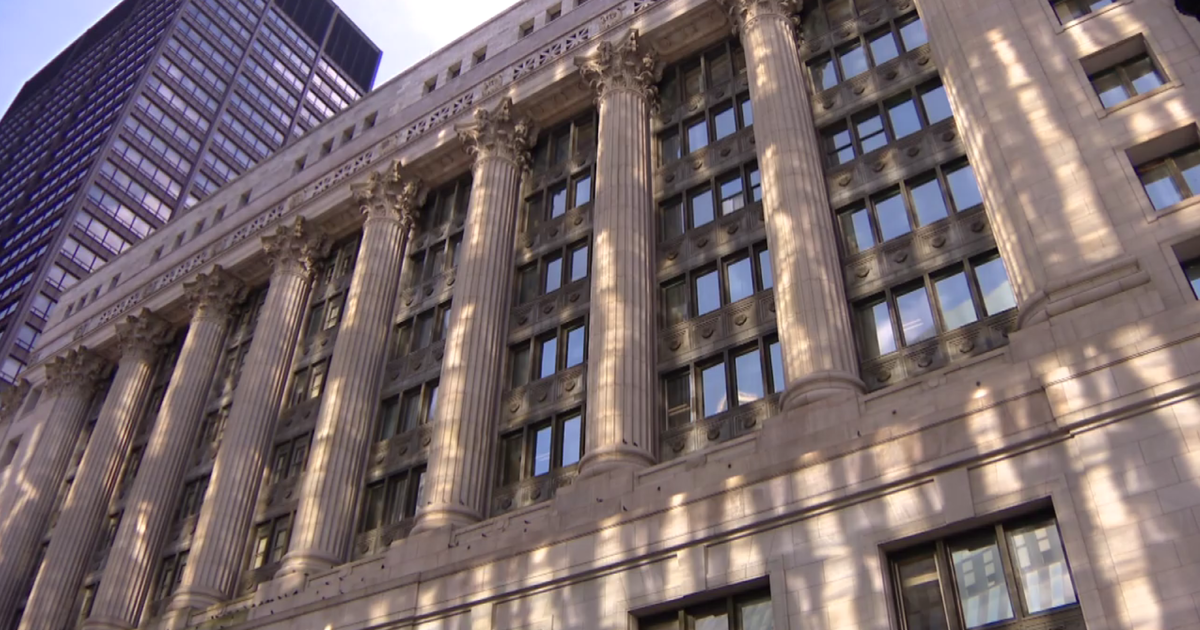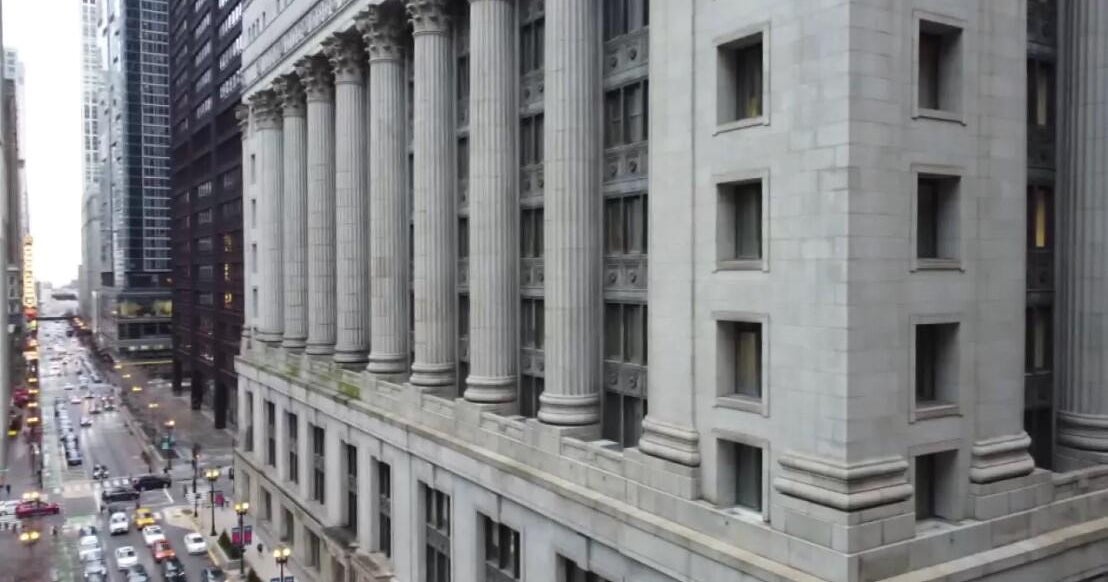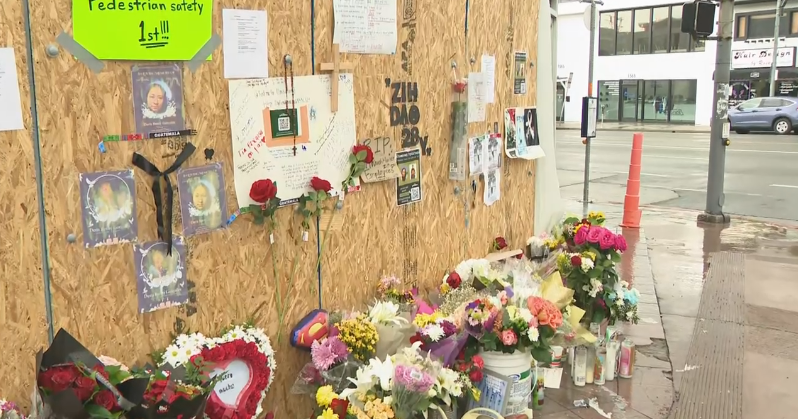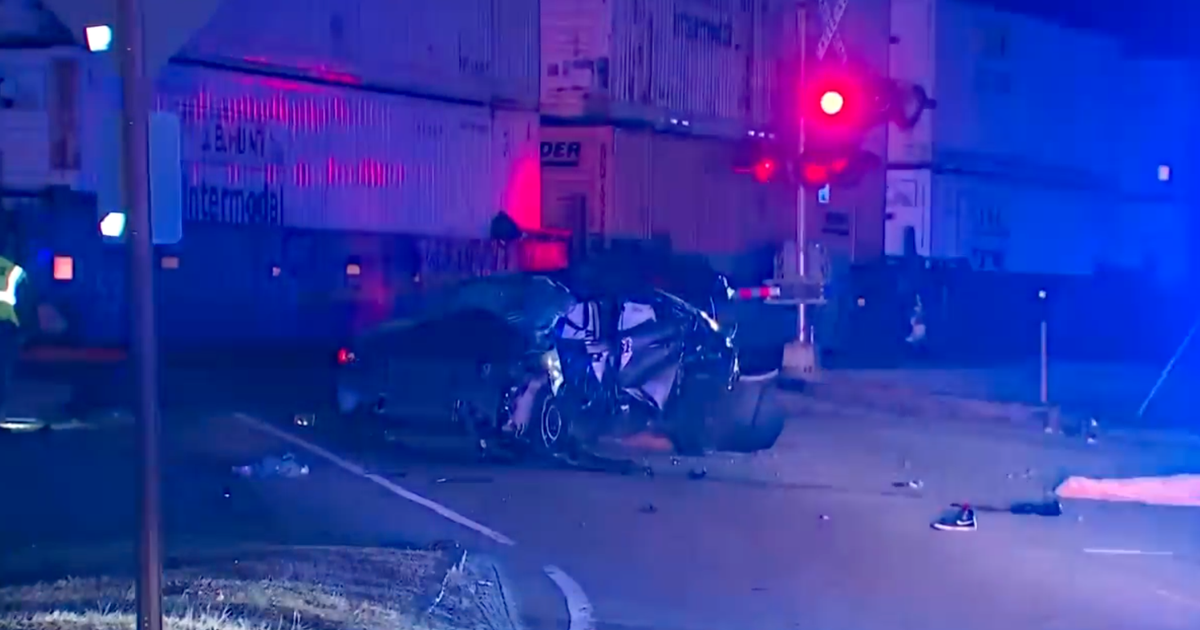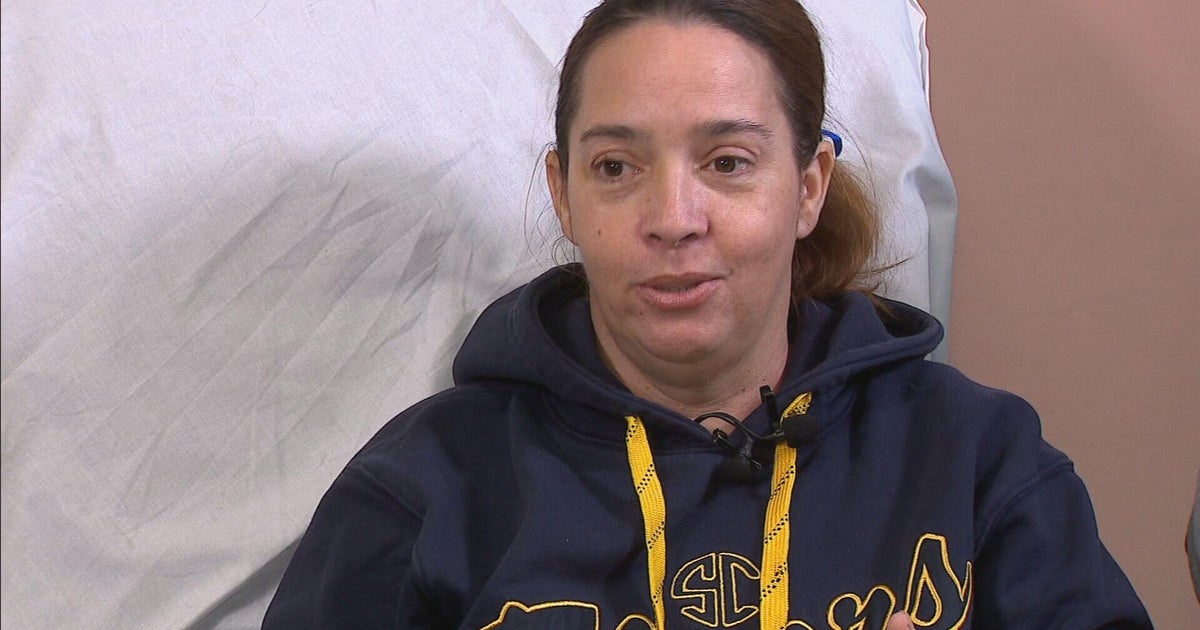Metro Settles Most Death Suits From D.C. Train Crash
WASHINGTON (AP) -- The transit agency responsible for the Washington-area Metro train system has settled seven of nine lawsuits by families of people killed in a 2009 train crash that was the deadliest accident in the network's history.
Metro and three other companies that provided equipment involved in the crash have also told a judge they are admitting legal responsibility for the accident. Nine people died and dozens were injured when one train slammed into a stopped one.
Terms of the settlements have not been disclosed, though settlements in similar cases have been in the millions of dollars. The first wrongful death case was settled in December and the latest in the last week of January.
Patrick Regan, a lead attorney for the families, says the remaining two wrongful death cases are set to go to trial in March, nearly three years after the June 22, 2009, crash that happened on the system's red line and was blamed on a faulty circuit.
Regan said Wednesday that Metro's acknowledgment of liability, noted in a court document filed Monday and first reported by the Washington Examiner, will shorten the length of any potential trial.
"I think it's good that they have allowed those families to bring some closure to this horrific tragedy. I'm happy that they've done that," Regan said.
Another lead attorney in the case, Salvatore Zambri, said the defendants' acknowledgment of liability is a positive step because it means the parties can focus on fair compensation, not who is at fault.
The victims of the crash, six women and three men, included a nursing student, a former commanding general of the D.C. National Guard and his wife, a mortgage banker, as well as the driver of one of the trains. The two remaining death cases that have yet to settle involve LaVonda King, a mother of two, and Ana Fernandez, a mother of six. Regan said he didn't expect those cases to settle before trial.
Regan said all but two of the individuals injured in the accident who have filed lawsuits have also settled their cases.
In addition to Metro, the settlements involved Italian-owned Ansaldo, which provided software and equipment used by the system; Maryland-based ARINC, which provided a warning system designed to detect and track trains, and Alstom, a French company that provided the circuit that ultimately failed. The companies acknowledged legal responsibility for the crash along with Metro.
A spokesman for Alstom declined to comment as did a spokesman for Metro, Dan Stessel, who said the transit agency would decline comment as a matter of policy because the case is still ongoing.
Messages left for the two other companies were not immediately returned Wednesday.
Investigators determined the cause of the crash was the failure of a system that controlled trains' movements. The system failed to detect a stopped train and told a train behind it to continue. But investigators for the National Transportation Safety Board also faulted the agency for chronic problems and a negligent attitude toward safety.
Washington's Metro train system, which opened in 1976, is the second busiest in the country after New York City's subway system. Average weekday ridership on the train system is 675,000.
(Copyright 2012 by The Associated Press. All Rights Reserved.)
